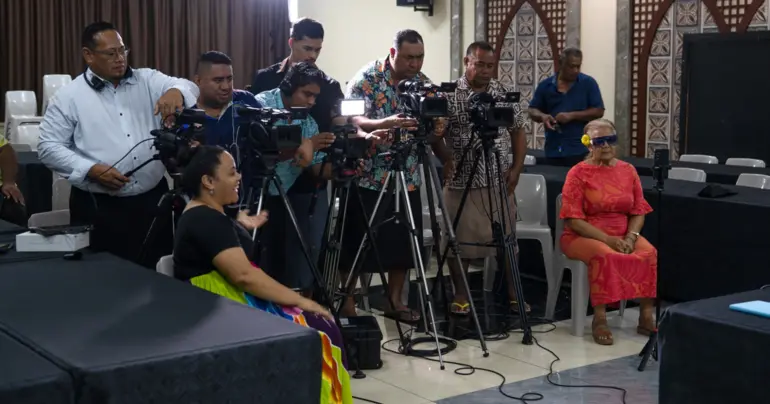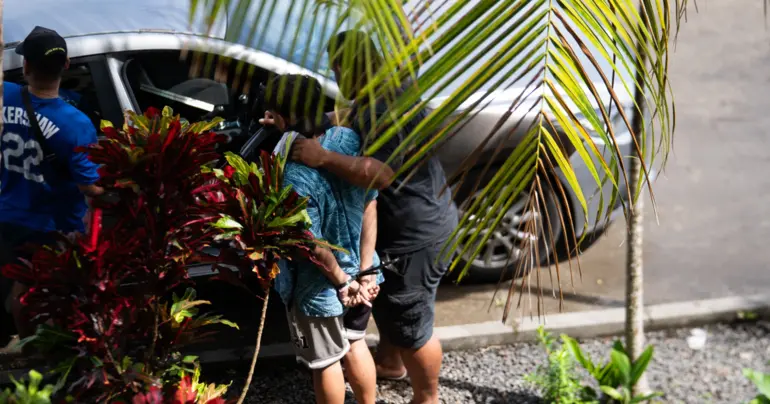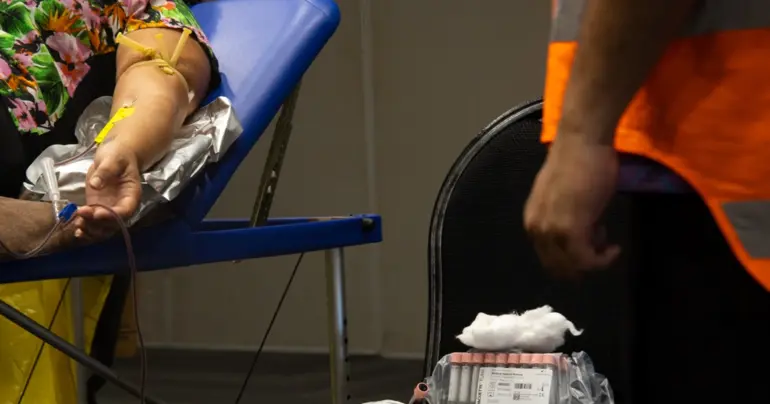Choosing allies and leveraging development
A very strong and honest opinion was shared by the Leader of the Opposition Tuilaepa Sa'ilele Malielegaoi when he was asked about China’s involvement in the Pacific. He said Pacific island nations would seek help elsewhere if traditional allies like Australia and New Zealand fail to provide it.
Tuilaeapa served as prime minister for more than two decades and is well aware of the need for development partners and knows too well about the geopolitical pressures concerning the region. He has experienced geopolitical drama during his time.
Pacific nations are small but at the end of the day are sovereign nations and have the full right to decide who they can seek assistance from and who they choose to accept as friends.
There was a renewed interest in the Pacific in 2022, particularly when the Solomon Islands chose to sign a security deal with China. This happened after the riots of November 2021. Talks of a Chinese military outpost in the region started to make rounds of foreign media and traditional allies Australia, New Zealand and the USA increased their diplomatic presence in the region.
The USA opened up a previously closed embassy in Honiara, then announced an embassy in Kiribati and also announced a permanent ambassador to Samoa. They have increased aid to the region as well.
There has been an increase in aid and focus from Australia and New Zealand as well. The Chinese interest in the Pacific also led to the formation of the Quad and the AUKUS. Japan and India have also increased their presence in the region along with aid.
For the region, the extra focus has not been all that bad and while the struggle to define who is the true friend of the Pacific, aid continues to flow which the Pacific island nations will not say no to. It is up to the Pacific nations to be smart about the handshakes and the deals that are taken in the form of aid and or soft loans.
Samoa’s foreign policy is a friend to all and enemy to none. The nation has maintained a good relationship with China, Australia, the USA, Japan, New Zealand, Britain, Germany and many other nations. The government so far has been smart about extending friendships and it is good to see that they have not fallen into a debt trap that could be offered by any of the superpowers.
In 2022, when the Chinese Foreign Ministry toured the Pacific hoping to get all Pacific nations on board through a trade and security agreement, Prime Minister Fiame Naomi Mataafa was one of the first ones to say that because such an agreement affected the Pacific as a whole, the matter should be discussed with the Pacific Islands Forum.
The Forum allowed the tiny nations of the Pacific to become the Blue Pacific Continent where it was decided that when it came to security, they would act as a collective because one way or another one nation’s security deal could impact other nations. As a collective, the Pacific has had more power.
China has provided aid for infrastructure development, New Zealand does direct budget funding and has announced help in education, healthcare and the construction of the new Savalalo Market. Australia works in various areas as well, the most successful one has been through sports, they have also provided patrol boats to better secure our maritime borders. The US has many projects that are ongoing in education, women empowerment and others. Japan has been doing work with climate change and, the environment and helping Samoa have resilience towards natural disasters.
And as Tuilaepa has said, if there was a shortfall and things that traditional partners would not want to help with, there were other friends who would help out.
China and the United States will continue to compete and this is not limited to attention on the Pacific. The Pacific nations are leveraging geopolitical rivalries to maximise their development options. However, unmanaged competition for influence among key development partners can compromise good governance and privilege geopolitical posturing over local priorities. This is something all Pacific governments including ours need to be careful of.
Australia, the United States, and other traditional donors can capitalise on areas of strength, such as social inclusion and regional and multilateral initiatives. Joint efforts along these lines and the pooling of resources would scale up impact and set higher accountability standards.
The Pacific knows that there is also renewed interest in the region because of the demand for raw materials as well as the world shifts towards a lesser fossil fuel-powered solution. The Pacific nations have to be smart and maximise development through the geo-political interest but ensure to always protect their own interests, their people and above all the environment.











